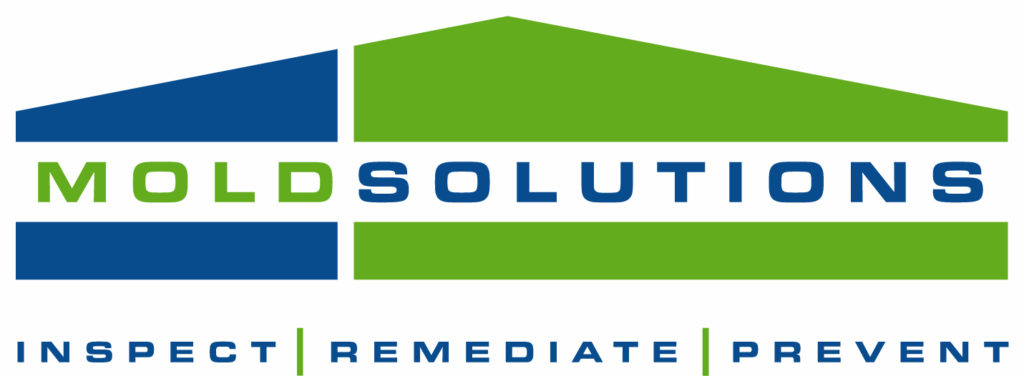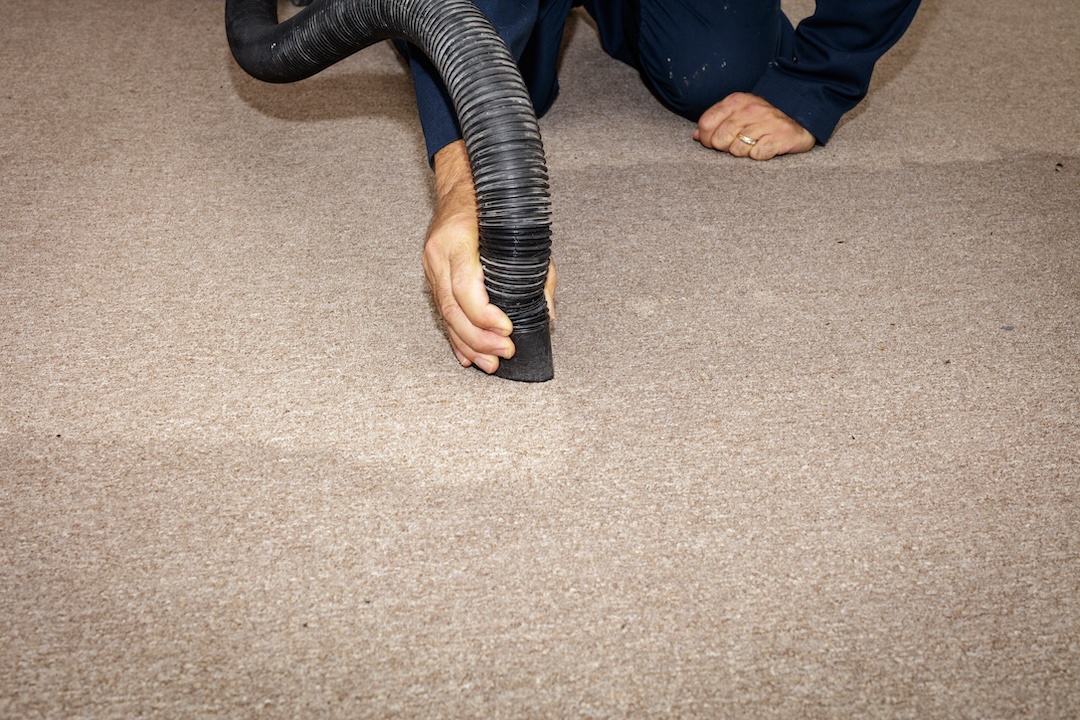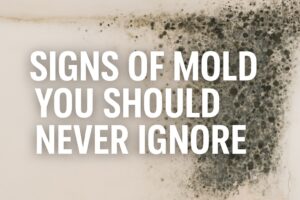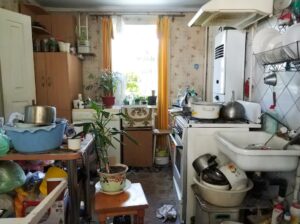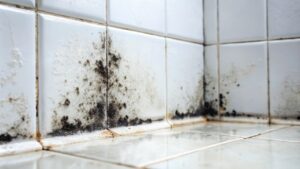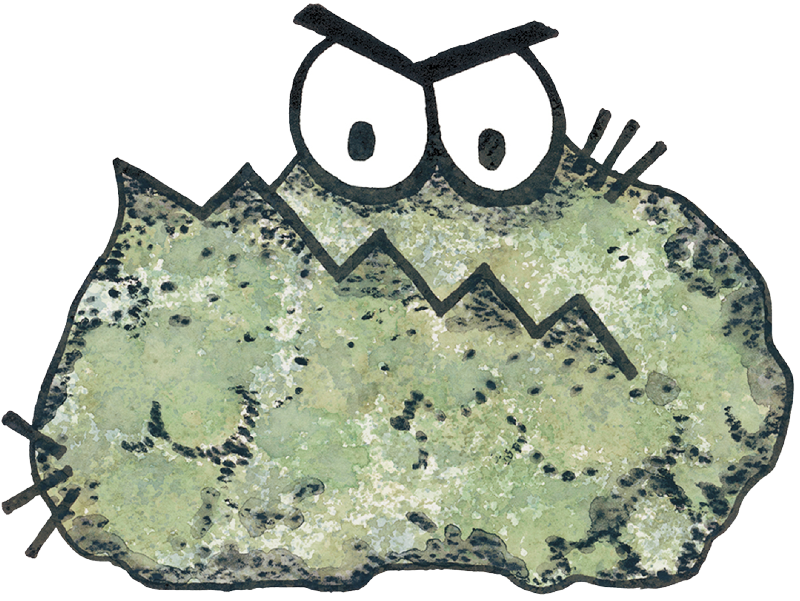When it comes to mold, out of sight shouldn’t mean out of mind. Mold growth, especially black mold, can have serious consequences for your health, your home, and your finances. Ignoring mold issues—whether from post-flood mold in Chicago or unnoticed buildup in a St. Louis home—can lead to escalating problems that require costly mold remediation. Let’s break down the hidden costs of mold and why addressing it early is critical.
The Health Costs of Mold
Black mold is not just unsightly—it poses significant health risks. Prolonged exposure to mold spores can lead to respiratory problems, allergic reactions, and even long-term conditions like asthma. This is especially concerning after floods when mold can grow undetected in walls, floors, and HVAC systems.
Key Warning Signs: Chronic coughing, sneezing, watery eyes, and skin irritation.
Who’s Most at Risk? Young children, the elderly, and those with compromised immune systems are especially vulnerable.
In cities like Chicago and St. Louis, where humidity and flooding are common, the risk of mold-related health issues is even higher. That’s why scheduling professional mold inspection and mold testing is essential to identify hidden problems before they worsen.
The Financial Costs of Mold
Ignoring mold can have a steep financial impact:
- Property Damage: Mold can weaken structural components, damage drywall, and ruin flooring. Post-flood mold growth in homes and businesses can require extensive mold removal and restoration efforts.
- Decreased Property Value: Homes with a history of mold often sell for less—or not at all—until the issue is professionally addressed.
- Escalating Remediation Costs: Small mold problems can quickly escalate into costly remediation projects if ignored. The longer mold goes untreated, the more expensive mold removal becomes.
Addressing mold early, especially in flood-prone areas like Chicago and St. Louis, can save thousands in repairs and remediation.
Why Professional Mold Solutions Are Key
DIY fixes might seem cost-effective, but they rarely address the root problem. A mold-affected area exceeding 10 square feet generally requires professional mold remediation; meaning if the visible mold covers more than a 3ft by 3ft patch, you should consult a professional to handle the cleanup. Professional mold remediation includes:
- Thorough Mold Inspection: Identifies hidden mold in walls, HVAC systems, and hard-to-reach areas.
- Accurate Mold Testing: Determines the type of mold and its severity.
- Complete Mold Removal: Safely eliminates mold and prevents regrowth.
Mold After a Flood: Act Quickly
Flooding in Chicago and St. Louis can create a perfect storm for mold growth. Mold spores can develop within 24-48 hours of water exposure, so timely action is crucial. Contacting a professional mold remediation team immediately after a flood can minimize both health and financial risks.
Protect Your Health and Your Wallet
Mold is more than just a household nuisance—it’s a serious health and financial risk. Don’t wait until a small mold issue turns into a costly disaster. Whether you’re dealing with post-flood mold in Chicago, black mold in St. Louis, or simply want peace of mind, Mold Solutions is here to help with expert mold inspection, testing, and removal services. For more information about mold, you can go to the EPA website.
Contact us today to schedule a consultation and take the first step toward a mold-free home.
